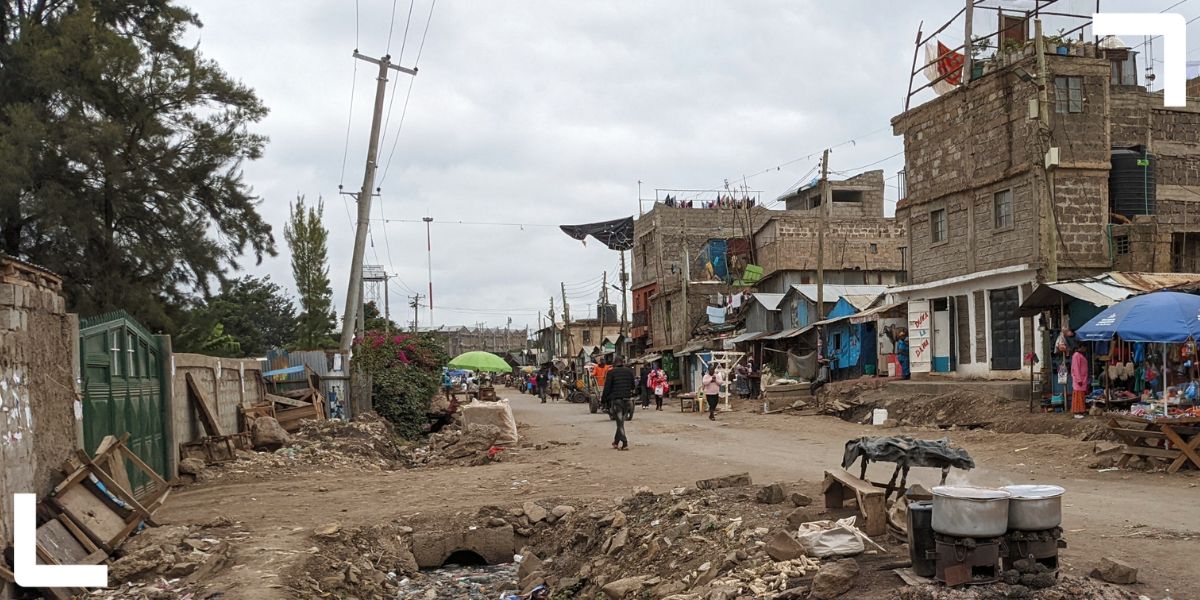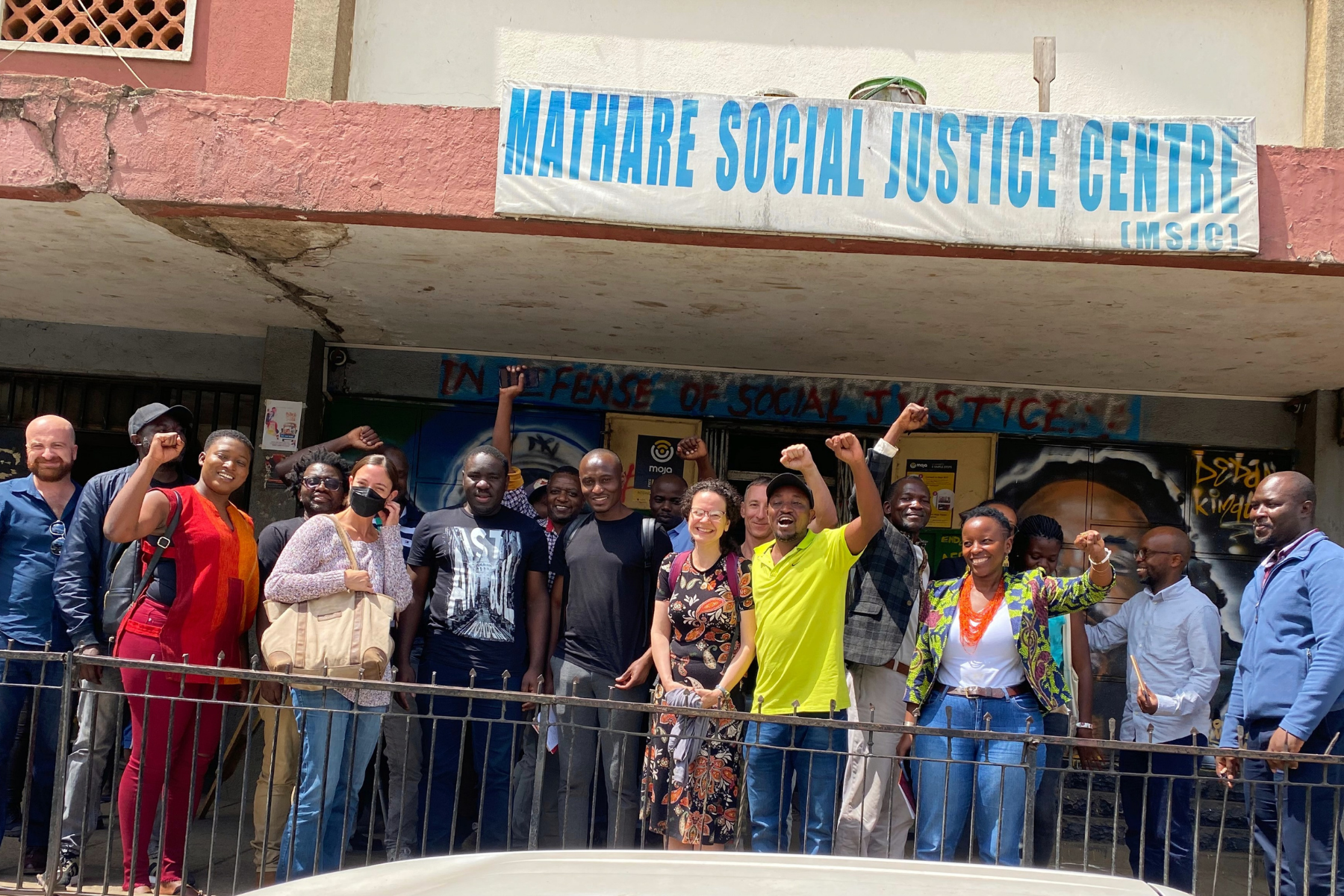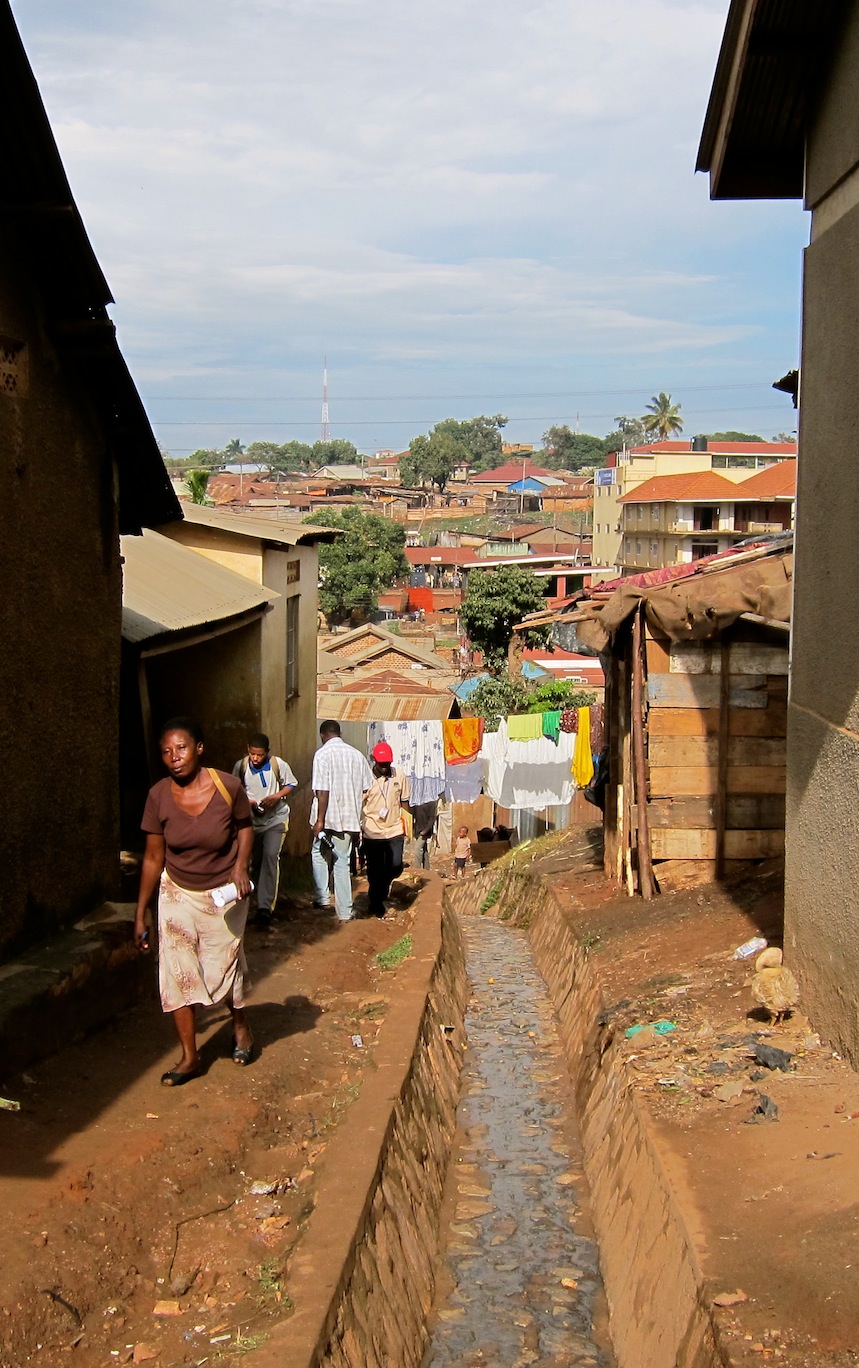Tackling the myriad urban challenges facing African cities and driving sustainable, inclusive urban reform are ambitious and lofty aims – unlikely to be achieved by any single organisation, whether public or private.
But by combining specific expertise and capabilities from different organisations, which complement and bolster one another, disparate groups can collaborate to effectively achieve common goals. For example, public organisation brings regulatory and budgetary powers, civil society organisations (CSOs) play an instrumental role in mobilising communities and non-governmental organisations (NGOs) contribute significant resources and expertise, while universities and research centres facilitate the development of innovative solutions.
Such inclusive urban reform coalition-building drives action that one entity alone would struggle to achieve. However, little has been said about building pro-poor and inclusive urban reform coalitions, and the conditions necessary to facilitate them.
So, how do we define a reform coalition? For the African Cities Research Consortium (ACRC), reform coalitions are partnerships between government, experts and civil society organisations – operating across public–private–third sector divides – and may incorporate the interests, ideas and actors from the communities and groups most directly affected by the issues at hand.
Although several factors – many context-specific – contribute to the emergence and success of coalitions, we can highlight four conditions needed to build an inclusive urban reform coalition: devolution, working with organised communities, catalyst organisations and conscious framing.
Devolution, decentralisation and local democratisation
Devolution of power to local levels of government and the proliferation of NGOs does not necessarily guarantee the inclusion of disadvantaged groups – including residents of informal settlements, informal economy operators, refugees and internally displaced people (IDPs). But it does provide an opportunity for the emergence of pro-poor coalitions.
Since the late 20th century, most African countries have undertaken decentralisation to the lowest level of government – at least on paper – while some donors have channelled resources towards civil society organisations, mainly through NGOs, across the continent. This expansion of CSOs and decentralisation has provided space for collaboration among local governments, CSOs and grassroots organisations, allowing pro-poor coalitions to emerge.
One of the exceptional examples on the aid front was the Transforming the Settlements of the Urban Poor in Uganda (TSUPU) programme, supported by the Bill and Melinda Gates Foundation. TSUPU created a platform in Uganda for a partnership between the federation of slum dwellers, the national government and Cities Alliance (a network of bilateral and multilateral donors) to facilitate the establishment of the Municipal Development Forum (MDF), a coalition of local government, the urban poor, private sector, media, religious organisations and community-based organisations (CBOs) and NGOs, in Jinja and other Ugandan cities. The MDF provided communities with the platform to raise their concerns, suggest development proposals and build trust with city officials and other stakeholders.
However, in some African countries, the role of the national government in urban governance and development has been increasing, especially in capital cities. This might pose a challenge for the emergence and operation of pro-poor reform coalitions. The enhanced position of national governments in urban development is mostly geared towards facilitating top-down infrastructural investments, with limited attention to equity and inclusion – although there are some central-government-led progressive interventions in Brazil, Thailand and other countries. This trend might make it difficult for a pro-poor coalition to emerge, or might constrain existing ones, but does not entirely close the door for inclusive coalitions to flourish.
The Mathare Social Justice Centre (MSJC) in Nairobi, Kenya. Photo credit: Miriam Maina
Working with organised communities and grassroots social movements
Sydney Tarrow, in his 2005 book, The New Transnational Activism, stated: “all social movements are made up of coalitions, but not all coalitions produce social movements”. Coalitions that involve organised disadvantaged groups at the grassroots – such as informal sector operators and informal settlement residents – can have far-reaching impacts in facilitating inclusive urban transformation.
Part of this impact comes from the ability of grassroots movements to minimise the tendency towards the “NGO-isation” of development. Many NGOs tend to avoid tackling structural inequalities, to depoliticise inherently political questions of development, and to be more accountable to their donors than to the poor communities they work with. Wangui Kimari notes, for instance, how the Mathare Social Justice Centre – a grassroots platform working to challenge urban exclusion of slums in Kenya – faced unrealistic demands from donor NGOs in its efforts to raise awareness and tackle various social injustices.
Integrating mutual accountability into such collaborations is key for catalysing inclusive change. Drawing on the experiences of Slum Dwellers International, Celine dʼCruz and Diana Mitlin highlight how SDI affiliates managed to ensure the accountability of their support NGOs via organised and federated grassroots mobilisation, with a healthy relationship that helps both parties in their drive to effect change.
Another example of building on grassroots social mobilisation comes from Delhi, India, in the diverse coalition of CSOs, activists and informal workers’ organisations that came together in the Main Bhi Dilli (“I, Too, Am Delhi”) movement – working to advance a more just and inclusive masterplan for the city. Thus, for an urban reform coalition to bring inclusive reforms, it is essential to work with mobilised disadvantaged groups.
Catalyst organisations
To tackle a specific urban challenge or drive urban reform, diverse actors with different initial interests must be united by a common platform. Potential coalition members usually have varied interests – sometimes contradictory or conflictual – along with different knowledge production approaches and ways of framing urban challenges and potential solutions. This necessitates an organisation to take the lead and facilitate a platform for the emergence of a coalition.
A catalyst organisation – such as an academic or action-oriented research institute – plays a critical role in creating a platform to unite various stakeholders, collectively tackle a particular urban challenge, manage tensions and act as knowledge brokers between organised communities and authorities. In doing so, they create what Clara Irazábal calls “spaces of solidarity”– an arena where diverse actors build force through networking, to produce emancipatory knowledge and enhance the self-expression of disadvantaged groups.
Strong examples of such platforms are the Sierra Leone Urban Research Centre (SLURC) in Freetown, the Urban Action Lab based at Makerere University in Kampala, Uganda, and the Urban Resource Centre in Karachi, Pakistan.
Residents walk alongside a drainage channel in the informal settlement of Kisenyi in Kampala, Uganda. Photo credit: Slum Dwellers International / Flickr (CC BY 2.0)
SLURC played a significant role in supporting and translating community-produced knowledge into formats legible to authorities and enhancing the representation of communities in local government decisionmaking. Likewise, the Urban Action Lab provides a space for the grassroots social mobilisation of informal settlement residents, and those engaged in the informal economy in Uganda, to co-produce knowledge, build their capacity and establish a partnership with authorities, academics, planners and other actors, to address the challenges of the majority urban residents.
Through building a coalition of disadvantaged groups and other actors, such platforms could play a significant role in challenging and providing alternatives to exclusionary government plans. As with SLURC, they could also play a supportive role in building community groups’ knowledge production capacity and helping to integrate community needs into policy or planning actions. However, further collaborative research involving community groups is required to assess the role of such platforms in empowering and building the capacities of disadvantaged groups.
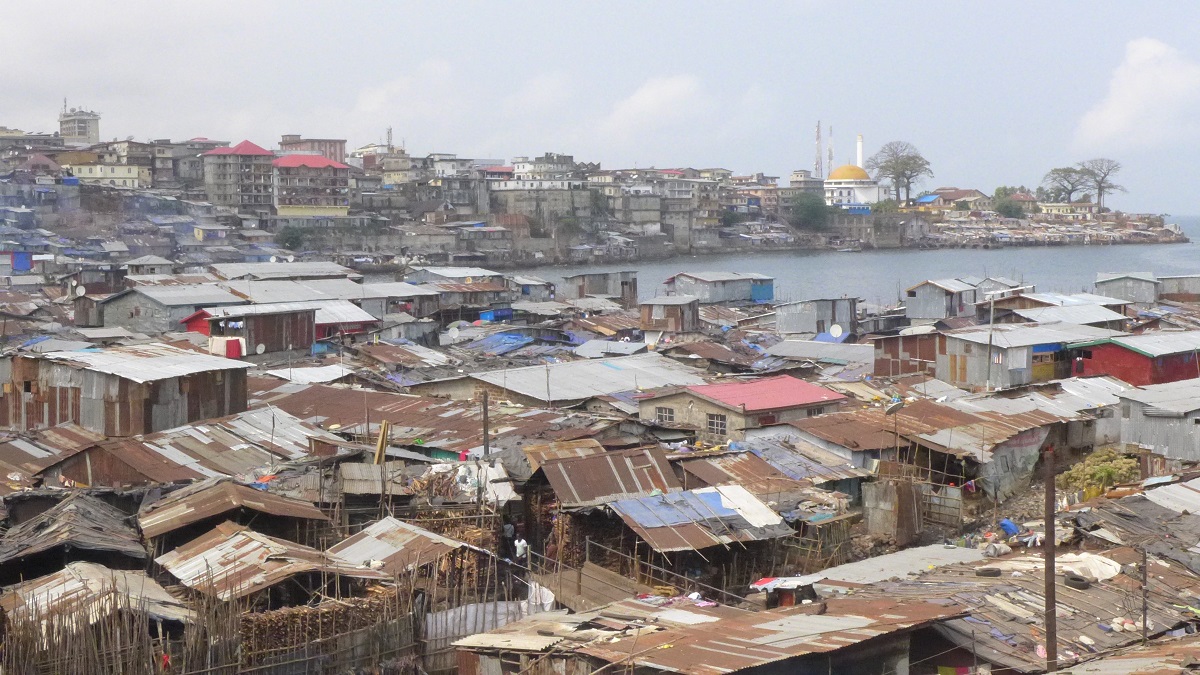
“Panbody” housing in the informal settlement of Susan’s Bay in Freetown, Sierra Leone. Photo credit: Alexandre Apsan Frediani
Conscious framing and knowledge co-production
Provided that they are strategically framed, ideas – such as sustainability, inclusion and enhancing productivity – can unite actors with diverse and even contradictory interests, to work together for a specific reform. The way urban challenges and their solutions are framed can include or exclude some actors, so a shared framing of issues by coalition members is needed to ensure commitment to the reform agenda. Framing issues using ideas with broader interpretation (such as sustainability) or morally and emotionally appealing ones (such as social inclusion) helps to attract diverse actors to drive a specific reform collectively.
But being too broad or vague poses a risk. While narrow framing of a reform agenda might alienate potential supporters and invigorate political opposition, articulating one that is ill-defined might risk co-optation by powerful elites. As such, aiming to build broad-based coalitions with diverging interests – mainly targeting powerful elites – might effectively drive reforms at the expense of social inclusion of disadvantaged groups.
For instance, since the 1990s, a set of transformative mayors of Bogotá and Medellín managed to build a broad-based coalition of private sector, media and intellectuals, using a neoliberal and security-focused discourse of cultura ciudadana (“citizen culture”) to significantly reduce violent crime and increase municipal revenue in respective cities. However, the reforms fall short of being inclusive and they perpetuated inequalities. On the contrary, led by the “leaving no one behind” leitmotif, the Mukuru Special Planning Area (SPA) coalition managed to include the entire resident population of the settlement in upgrading planning. Thus, progressive professionals and academics could play a significant role in convincing powerful political and economic elites of how pro-poor and inclusive reform works in their favour.
Since conventional expert-led urban planning and policies favour powerful political and economic elites, displacing the tacit knowledge of ordinary citizens, coalitions committed to pro-poor inclusive reform need to seek an alternative emancipatory process of understanding social problems and devising solutions. Coalitions striving for inclusive urban reform need to recognise and capitalise on disadvantaged groups’ lived experiences, rationalities and strategies of survival and self-development.
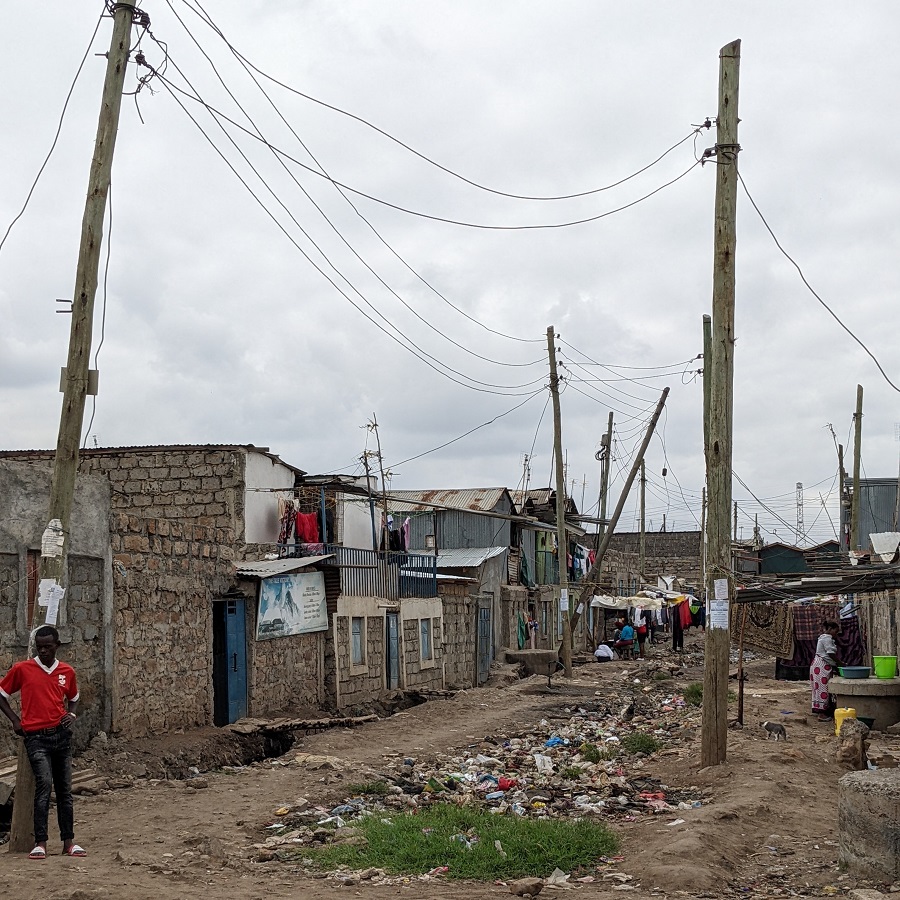
Electrification was part of the Mukuru SPA integrated development plan. Photo credit: Chris Jordan
The relations that disadvantaged groups or their organisations build with other diverse coalition members need to be based on interdependence, with each party offering something the other parties want, and genuine dialogue − open and informed conversation about interests and understandings of the situation. Such relations need to be complemented by emancipatory knowledge – a mode of understanding and producing solutions that challenges exclusionary practices and advances the interest of disadvantaged groups.
A case in point is the Mukuru SPA coalition of more than 40 organisations, which played a significant role in rationalising and customising solutions identified by residents of Nairobi’s informal settlement of Mukuru during community planning forums, to fit with official planning regulations. Another interesting initiative is the SLURC-curated multistakeholder City and Community Learning Platforms in Freetown, which aim to facilitate open dialogue among diverse community members and channel this at the city level, to leverage stakeholders’ support for community initiatives. The learning platforms played a significant role in building partnerships and aligning grassroots action with efforts of the government and NGOs, especially during the Covid-19 response.
Overall, coalition-building is essential to address the most salient challenges of reform and development, through streamlining cooperation, building trust, co-producing knowledge and synergising action among diverse actors. This is why ACRC’s theory of change identified building and strengthening reform coalitions – along with political will, state capacity and organised community – as a precondition for urban transformation in African cities.
These issues will be explored further in a forthcoming, invitation-only conference, to be held in Manchester, 13-15 June 2023: “The role of reform coalitions for equitable, inclusive and sustainable urban outcomes”. Further details will be announced in the coming months – sign up to the ACRC e-newsletter to receive updates.
Header photo credit: Chris Jordan. A street in the informal settlement of Mukuru kwa Reuben, Nairobi.
Note: This article presents the views of the author featured and does not necessarily represent the views of the African Cities Research Consortium as a whole.
The African Cities blog is licensed under Creative Commons Attribution-NonCommercial-NoDerivatives 4.0 International (CC BY-NC-ND 4.0), which means you are welcome to repost this content as long as you provide full credit and a link to this original post.

